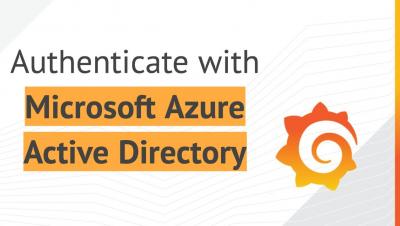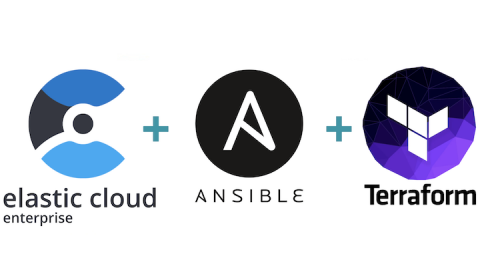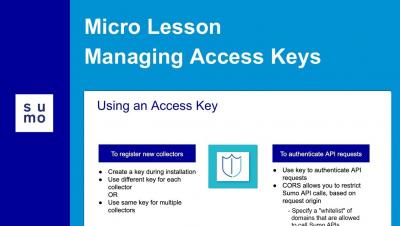Operations | Monitoring | ITSM | DevOps | Cloud
Analytics
Automate all the things: Terraform + Ansible + Elastic Cloud Enterprise
A sequel to our first post, Automating the installation of Elastic Cloud Enterprise with Ansible, this blog shows how to extend automation to cloud provisioning with Terraform. In the first post, we detailed how to deploy and configure Elastic Cloud Enterprise (ECE) across three availability zones in AWS using Ansible. However, the provisioning of the underlying EC2 instances and configuration of the security groups was all manual.
Elastic Common Schema .NET library and integrations released
The Elastic Common Schema (ECS) defines a common set of fields for ingesting data into Elasticsearch. A common schema helps you correlate data from sources like logs and metrics or IT operations analytics and security analytics. Further information on ECS can be found in the official Elastic documentation, GitHub repository, or the Introducing Elastic Common Schema article.
Glitch List: January 2020
Welcome to the new year and a new decade! We’re sorry if you were hoping for “new year, new jokes.” But new glitches, we’ve got plenty of.
At Last: Easy, Actionable, and Scalable Alerting in ITSI
Howdy Splunkers, I’m back and this time I’m packin’ a serious punch. I’m so excited to announce the availability of my new IT Service Intelligence (ITSI) Content Pack for Monitoring and Alerting.
Micro Lesson: Managing Access Keys (Conceptual)
High availability Elasticsearch on Kubernetes with ECK and GKE
Elastic Cloud on Kubernetes (ECK) is an operator that allows you to automate the deployment of the Elastic Stack — including Elasticsearch, Kibana, and Elastic APM, Elastic SIEM, and more — using Kubernetes. By using this ECK, you can quickly and easily deploy Elasticsearch clusters with Kubernetes, as well as secure and upgrade your Elasticsearch clusters. It is the only official Elasticsearch operator.
Performance Monitoring: Are All Ecommerce Metrics Created Equal?
Number of sessions, total sales, number of transactions, competitor pricing, clicks by search query, cart abandonment rate, total cart value…the analytics tools commonly used by eCommerce companies for performance monitoring can’t include every metric, and even if they did the analysts using them wouldn’t be able to keep up with the amounts of changing data.
Improve Your Logging Efforts by Leveraging Your Search History
When talking about log management, search history is overlooked more often than not. Past searches can be used as part of log analysis and forensic analysis, but the main issue with this data is the speed of search which gets compromised as data volume gets greater. We will discuss some ways to get the best out of your saved searches and to speed up the search process.
Using Auditbeat to protect your critical infrastructure
Beats are lightweight, purpose-built agents that acquire data and then feed it to Elasticsearch. Beats use the libbeat framework that makes it easy to create customized beats for any type of data you’d like to send to Elasticsearch. Auditbeat is a lightweight shipper from the Beats family that you can install on your servers to audit the activities of users and processes on your systems.











